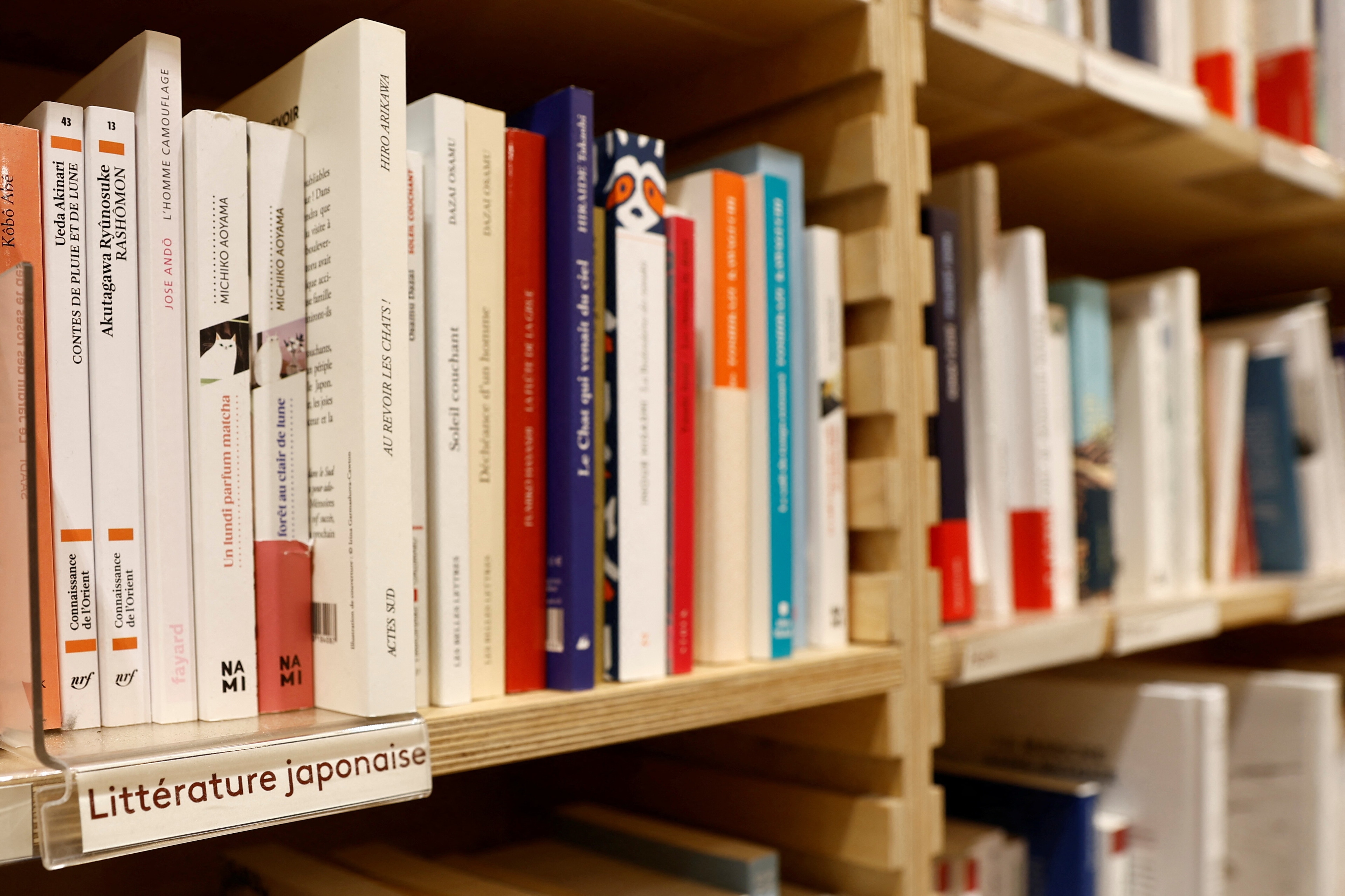'The Power of Nunchi: the Korean Secret to Happiness and Success', an extract

This is an extract from Korean-American journalist Euny Hong's book The Power of Nunchi: the Korean Secret to Happiness and Success. It looks at the concept of nunchi: a "guiding principle to Korean life", the art of reading the room.
Korea, some claim, has been invaded 800 times in its history. On the nexus of both China and Japan, it’s a curse for a small country to be in such a strategic location. Yet despite this tumultuous history, Koreans have not just survived as a nation, but thrived.
Only seventy years ago, after the Korean War, South Korea was one of the world’s poorest nations – poorer than most of sub-Saharan Africa. To make matters worse, it had no natural resources at all: not a drop of oil, not an ounce of copper. By the twenty-first century, South Korea had become one of the richest, coolest and most technologically advanced nations on the planet. It now manufactures most of the world’s semiconductors and smartphones. It is the only member nation of the Organisation for Economic Co-operation and Development (OECD) that started out as a borrower of money and then became a lender of money.
And the reason? A unique and singularly Korean phenomenon: nunchi.
What is the World Economic Forum's Book Club?
Nunchi is the subtle art of gauging other people's thoughts, feelings and needs in order to improve your relationships through deeper trust, harmony and cooperation. Known as the Korean superpower, some people even go so far as to say nunchi is how Korean people can read minds – though there’s nothing supernatural about it. Nunchi is a part of daily life in Korea, with Korean parents teaching their children about its importance on a par with lessons such as ‘Look both ways before crossing the street’ and ‘Don’t hit your sister.’ ‘Why do you have no nunchi?!’ is a common parental chastisement.
Having great nunchi means continuously recalibrating your assumptions based on any new word, circumstance, gesture or facial expression, so that you are always present and aware. You have surely noticed that the more important a situation is, the greater the likelihood that the most crucial information is not expressed out loud, or not expressed truthfully. Nunchi might be your only ally in such moments.
This is hugely important within Korean culture which is a ‘high context’ society, which is to say that a great deal of communication is based not on words, but on the overall context, which has countless factors: body language, facial expressions, tradition, who else is present, and even silence. In Korea, what is not being said is every bit as important as the words that are spoken, and a person who pays attention merely to the words is getting just half the story. But this in no way means that you need nunchi only in Korea. Even in the West, life is full of high-context scenarios requiring your nunchi – even if you didn’t know such a word existed.
The Korean economic miracle has always been based on nunchi: the ability to ‘eye-measure’ other nations’ rapidly evolving needs, to manufacture export products that evolve as quickly as those needs, and to recalibrate plans based on the universe’s only constant – change.
You can join our book club here.
To follow the book club on Twitter, click here.
To follow the book on Instagram, click here.
Don't miss any update on this topic
Create a free account and access your personalized content collection with our latest publications and analyses.
License and Republishing
World Economic Forum articles may be republished in accordance with the Creative Commons Attribution-NonCommercial-NoDerivatives 4.0 International Public License, and in accordance with our Terms of Use.
The views expressed in this article are those of the author alone and not the World Economic Forum.
Stay up to date:
Republic of Korea
Forum Stories newsletter
Bringing you weekly curated insights and analysis on the global issues that matter.
More on Arts and CultureSee all
Elena Raevskikh and Giovanna Di Mauro
October 22, 2025






